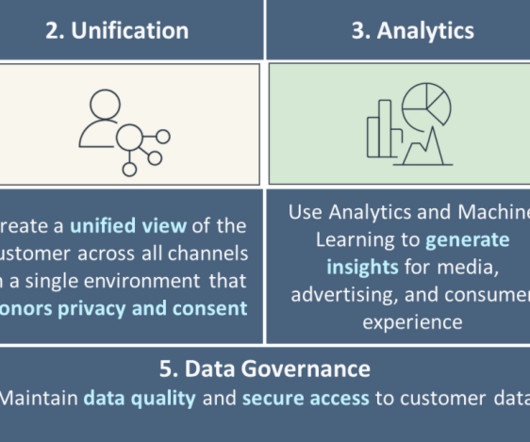How Will The Cloud Impact Data Warehousing Technologies?
Smart Data Collective
APRIL 8, 2020
Data warehouse, also known as a decision support database, refers to a central repository, which holds information derived from one or more data sources, such as transactional systems and relational databases. The data collected in the system may in the form of unstructured, semi-structured, or structured data.













Let's personalize your content